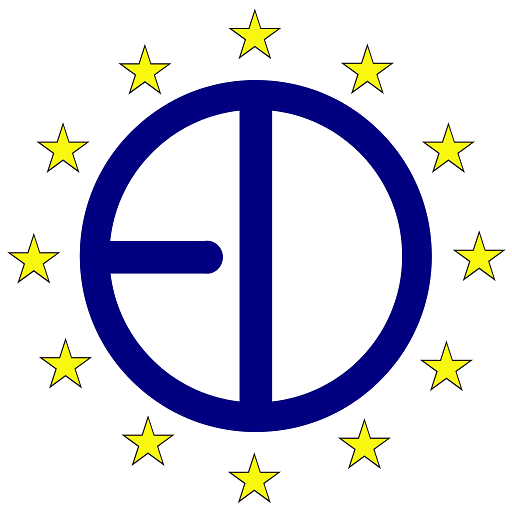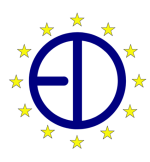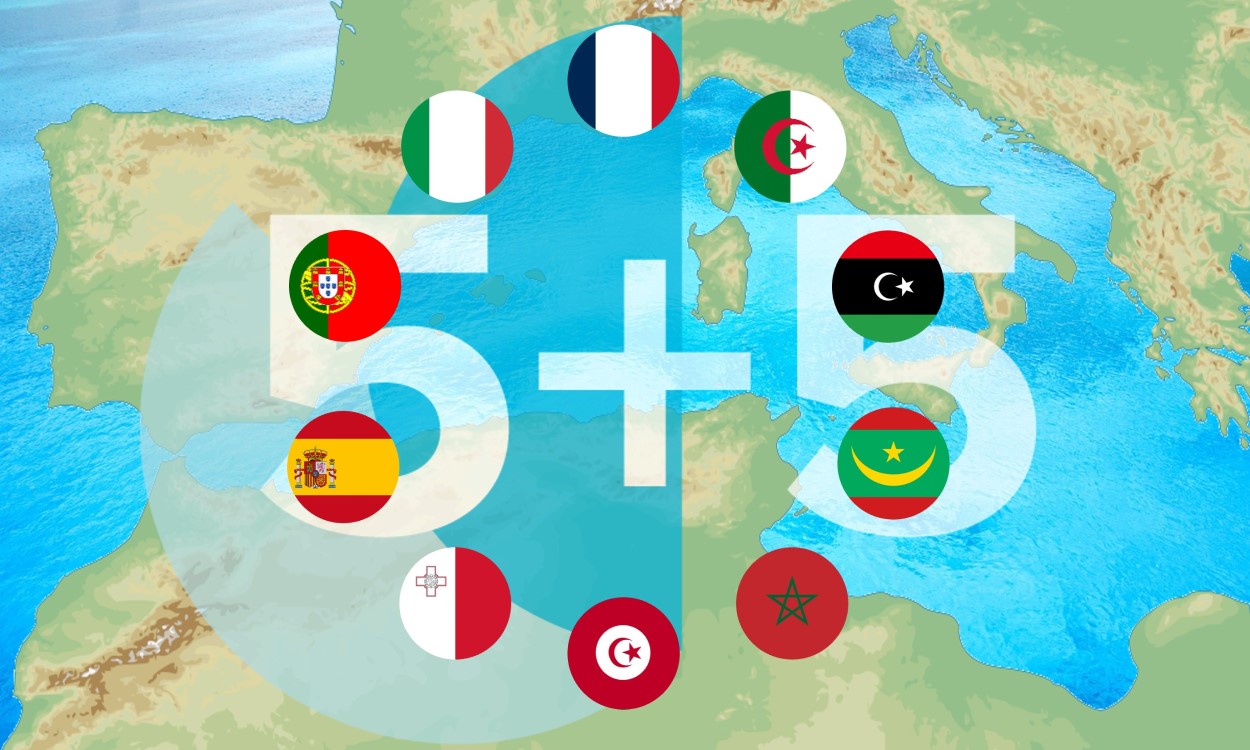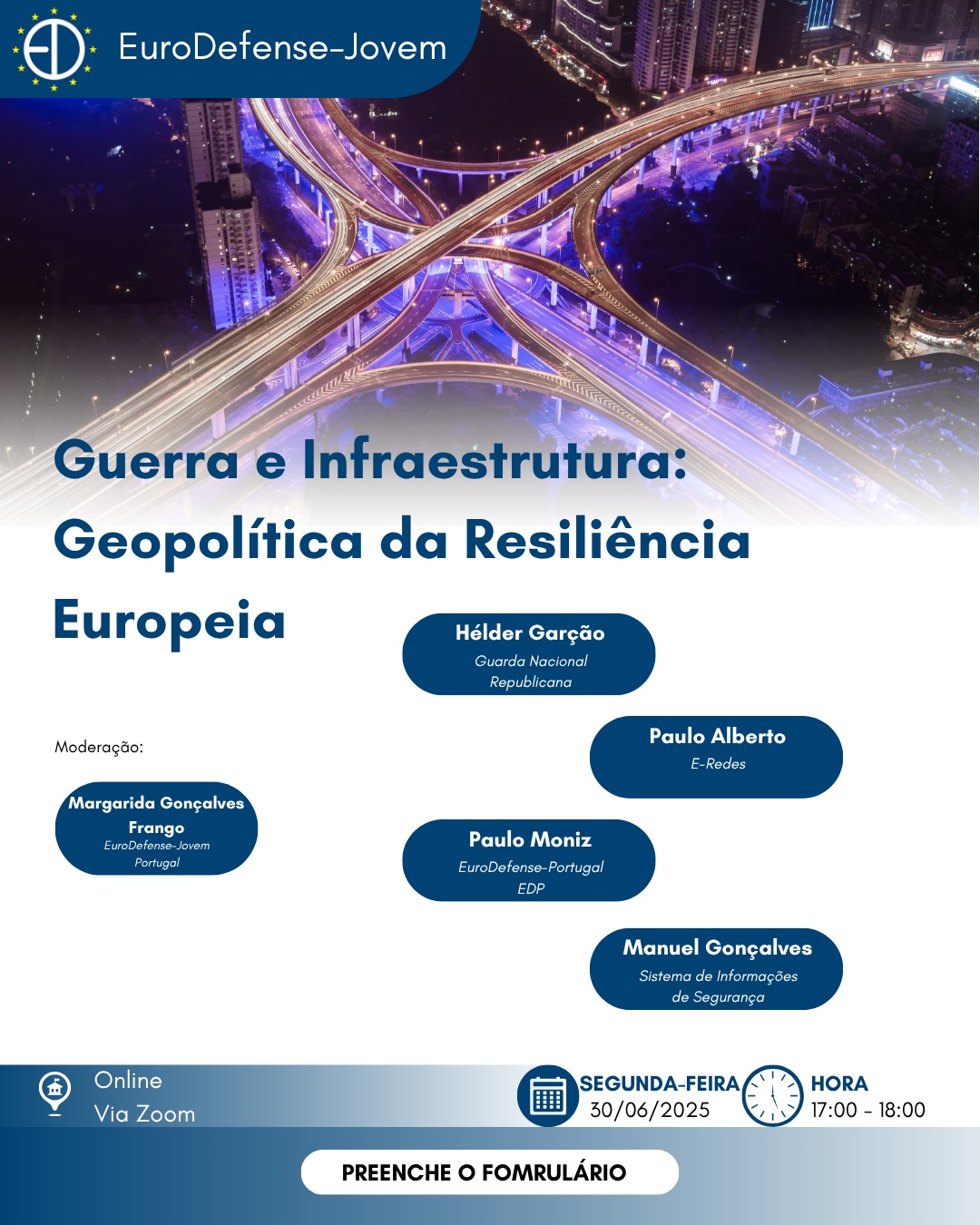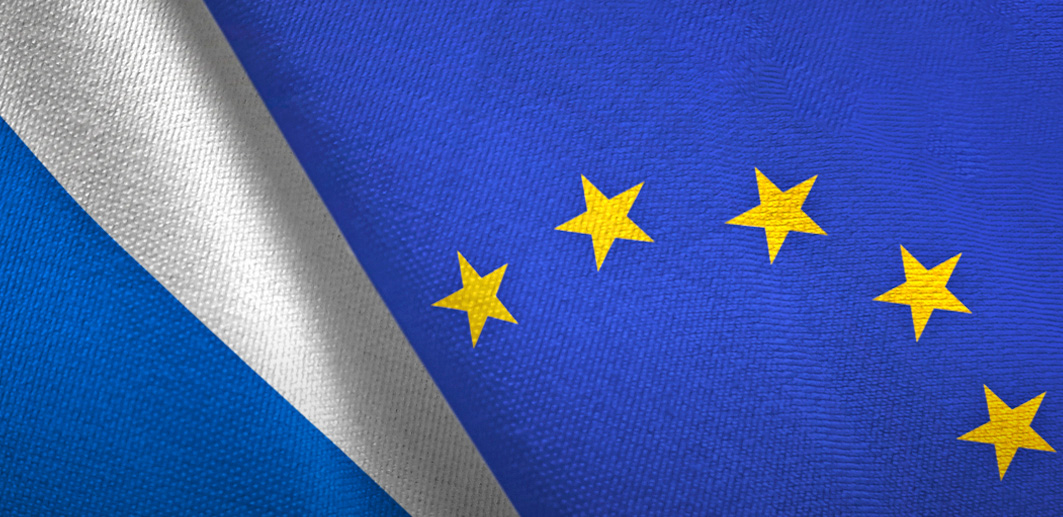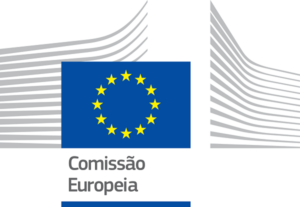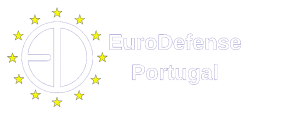The Western Mediterranean Forum, commonly referred to as the 5+5 Dialogue, comprises Algeria, France, Italy, Libya, Malta, Mauritania, Morocco, Portugal, Spain, and Tunisia.
As a trans-mediterranean initiative, the goal of the 5+5 Dialogue is to ensure closer cooperation among the five EU Member States and the five Arab Maghreb countries through political dialogue and cooperation and by encouraging more effective resource management as a means of strengthening interdependence and regional development.
The 5+5 Dialogue is the oldest active forum for dialogue and cooperation among Western Mediterranean European countries and the Maghreb countries. Created as an informal mechanism with modest goals, the 5+5 Dialogue was launched in 1983 by France but only took shape in July 1990. The aim was to promote closer cooperation among the countries bordering the Western Mediterranean, including France, Italy, Portugal, and Spain, later joined by Malta on the north bank and Algeria, Libya, Mauritania, Morocco, and Tunisia on the south bank.
In order to stimulate the 5+5 Dialogue that had been blocked since 1991 due to deep divisions among some participants and to extend its scope to the security and defence dimensions, in 2004, France decided to launch a restricted cooperation initiative in a 4+3 format: Portugal, Spain, France, and Italy, plus Algeria, Morocco, and Tunisia. The objective was to leave aside the political aspects and quarrels and promote cooperation more oriented to practical aspects, namely, to conduct short-term exercises and develop a capacity for joint action.
When it was created, the so-called 5+5 Defence Initiative was restricted to just four areas: maritime surveillance, air security, armed forces support for civilian protection services and forces, and education and research activities.
Since then, the 5+5 Dialogue has increased its activity in a significant number of fields related to the security of the Western Mediterranean region, especially regarding defence issues.
The 5+5 Defence Initiative is a multilateral forum with an informal nature that brings together in dialogue the countries of the North and South of the Western Mediterranean, not only with the aim of discussing and seeking solutions to common concerns in the area of security and defence but also to contribute to maintaining a climate of trust and open collaboration among the defence structures of the countries that make up the initiative.
The 5+5 Defence Initiative has its presidency rotate annually according to the alphabetical order of the member countries’ names in English.
Decision-making for the 5+5 Defence Initiative is made through the annual organisation of two Steering Committee meetings (in March and November) at the level of Defence Policy Directors or equivalent, and a Ministerial meeting (in December). In addition, an annual meeting of the Chiefs of Defence of the 5+5 countries takes place.
On October 11, 2022, the Defence Ministers of Algeria, France, Morocco, Libya, Spain, Libya, Malta, and Portugal, along with the observer delegates from the Arab Maghreb Union (AMU), the European Commission, and the Union for the Mediterranean (UfM), officially signed the Nouakchott Ministerial Declaration of the 5+5 Dialogue on Research, Innovation, and Higher Education.
This event marked the end of the Mauritanian Presidency of the Western Mediterranean 5+5 Dialogue and the turnover of the Presidency to Portugal. As stated in the 2022 Nouakchott Ministerial Declaration, during the following Portuguese Presidency, the Islamic Republic of Mauritania would act as co-president of the Forum.
The Portuguese presidency’s efforts achieved very positive results, with some 70 activities scheduled for 2023, thanks to the commitment and contribution of all member countries and the excellent work of the Steering Committee under the Portuguese presidency.
One of the most impactful actions during the Portuguese Presidency was the conduct of joint exercises carried out by the Armed Forces of different countries, highlighting in particular one related to increasingly hybrid threats from cyberspace.
Another spotlight is the work carried out by the Euro-Maghreb Centre for Research and
Strategic Studies (CEMRES)[1] as part of its research on the theme of security in the
Western Mediterranean, enabling it to identify the multitude of challenges facing the region and the potential to be mobilised by member countries to strengthen resilience to disasters and climate change effects and reduce the risks associated with pandemic phenomena.
The importance of discussions such as water stress, when, in certain locations, drinking water is insufficient for needs, as well as the effects of natural disasters and climate change, are now more than ever important, as some government officials addressed the hypothesis that, by the end of the century, the global temperature will most probably warm not just by two degrees, as stipulated in the commitment signed at COP21 in Paris, but rather by four degrees. This places enormous demands in terms of what 5+5 dialogue countries have to do together today to face these challenges in the future.
For the first time, and at the proposal of Portugal, the work of revising the Declaration of Intent of Ministers of Defence of the 5+5 Defence initiative, signed in Paris on December 21, 2004, was initiated, noting that the signing of a new declaration would enable member countries to raise the level of cooperation in light of the current and future threats and challenges the region faces.
Indeed, at the December 13, 2023, Lisbon meeting, the Member States updated the Declaration of Intent of this forum to expand its scope of action to many other areas, namely cyber defence, economic and human security, and also radiological, biological, and chemical defence, artificial intelligence, search and rescue, and demining.
The defence ministers of the member countries of the 5+5 Defence Initiative also validated the Initiative’s action plan for 2024 and the Joint Declaration. The draft action plan for 2024 agreed upon during the Portuguese Presidency is rich and diversified thanks to member countries’ contributions, which cover 74 activities reflecting the determination and commitment of member countries to maintain the dynamism and vitality of the Dialogue 5+5 initiative.
It was also decided to transfer the presidency from Portugal to Spain for the next period, while Italy will continue to host the 5+5 Dialogue Secretariat in Trieste (Italy) at the premises of the Italian National Institute of Oceanography and Applied Geophysics (OGS) and will be in charge of coordinating the activities and the communication among delegates and observers.
As a corollary of the evolving progress of the 5+5 Defence Initiative work, we may say that, indeed, it begins to emerge in the Mediterranean Basin a strong and true willingness of cooperation and respect that allowed the scope of the 5+5 Initiative to be expanded regarding the defence and security policy issues to further areas in which member states commit to working more together
These actions and levels of cooperation in the Occidental Mediterranean basin have been possible mainly due to three reasons:
Firstly, in the Occidental Mediterranean basin area, there are no critical political or religious clash hotspots, such as those existing in the Oriental Mediterranean basin area, for instance, the ones among Israel and Arab countries or the clashes among Turks and Greeks on the disputed islands of the Mediterranean Sea.
Secondly, this factor has been wisely and prudently weighted in the appreciation of new memberships’ admissions. Although this has been preventing the enlargement of the 5+5 Defence Initiative, despite the fact that there have been many candidates, the current cooperation and cohesion have not been lost.
Thirdly, the focus on knowledge and on practical limited issues, avoiding topics and political issues that are sensitive to parts, allowed confidence building and a growing trust among all parts.
As the Spanish Minister of Defence, Margarita Robles, who assumes the presidency of the 5+5 Initiative in 2024, highlighted in her words, the very complicated and difficult situation currently being experienced at an international level needs dialogue, which is crucial to solving many challenges, and this dialogue must be based on a fundamental idea: respect for cultures and religions, and always with a positive desire to cooperate and continue to advance in something as important as the search for peace.
Lisbon, February 27, 2024
Agostinho Cunha
Secretary-general EuroDefense-Portugal
[1] The CEMRES was officially created in July 2009, during the 5th meeting of Defense Ministers of the 5+5 Defense Initiative held in Libya.
